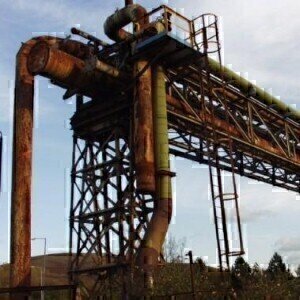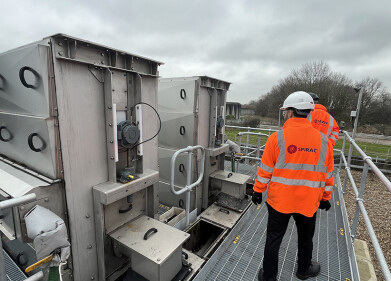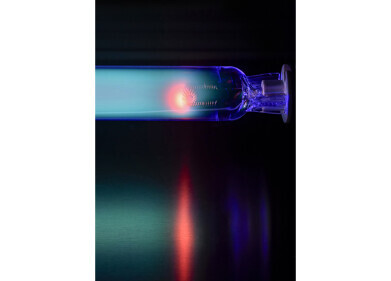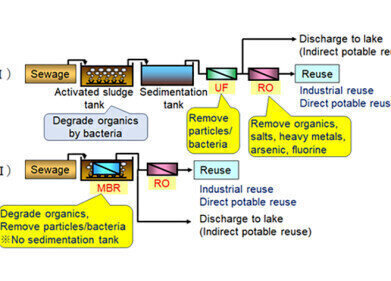Water/Wastewater
JICA Assists the Government of the Independent State of Papua New Guinea with ODA Loan
Jun 08 2010
The Japan International Cooperation Agency (JICA) has recently signed an agreement with the government of Papua New Guinea to provide approximately 92 million US dollars (8.261 billion yen) for the Port Moresby Sewerage System Upgrading Project.
The loan will be allocated to the construction of the sewer facilities, which includes construction of a sewer treatment plant, access roads and outflow pipes, laying pipes, and construction of and repairs to pumps. Funds will also be allocated to consulting services to assist with bidding and construction supervision.
The sewer facility will be constructed in the coastal area of Port Moresby, capital of Papua New Guinea, with sewer services being provided to the region, controlling the outflow of untreated sewer water into the ocean.
This will improve the level of sanitation and living environment, preserve the ocean environment and revitalise fishing and other industries.
There is currently no sewage treatment plant in the coastal area, home to approximately 67,000 residents, so sewer water is released into the ocean untreated. This has lead to a deterioration in sanitation and destruction of the ocean environment, including bleaching of the coral reef. The sewer facility will remove pollutants from the water, ensuring greater sanitation and greater water quality, allowing the coral reef to thrive.
The Port Moresby Sewerage System Upgrading Project is being carried out at the request of the Papua New Guinean government, and will employ advanced Japanese technology and expertise, in particular, a technique known as oxidation ditches. The oxidation ditch technique efficiently supplies oxygen to promote the breakdown of organic material by microorganisms, lowering the energy needed for plant operation as well as saving on maintenance costs.
The plant operation will switch between normal and low-speed operating modes to eliminate nitrogen, which is harmful to coral. This advanced technology was developed through intense research efforts aimed at making sewage treatment plants operate more efficiently, in response to the oil crises that have occurred repeatedly in Japan, where natural petroleum reserves do not exist.
As Papua New Guinea and all of Oceania are adjacent to Japan and commonly use the Pacific Ocean, the stability and development there is vital for the stability and prosperity of Japan. The region is also strategically critical as Oceania is an important source of fishery resources for Japan, and as well, Papua New Guinea holds mineral reserves and energy resources such as petroleum and natural gas.
Events
May 13 2024 Munich, Germany
May 23 2024 Beijing, China
May 23 2024 Beijing, China
Jun 10 2024 Algiers, Algeria
Jun 10 2024 Frankfurt, Germany













